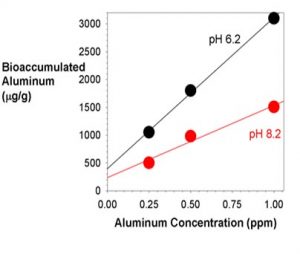I dip my finger in the water and lick it...repeat a few times just to be sure.
kidding... I have a VeeGee which isn't garbage and holds calibration.
kidding... I have a VeeGee which isn't garbage and holds calibration.
Follow along with the video below to see how to install our site as a web app on your home screen.
Note: This feature may not be available in some browsers.
I use to have one of these also and it was always spot on. I loved that thing! Never had to calibrate it in two years. A little more expensive but worth it. Then I dropped it on the basement (cement) floor and cracked the prism. Then got a Milwaukee and was never satisfied with it. For some reason I could not get it to work properly, the directions were confusing to me. Now I went all out and got a Misco hand held digital. This refractometer is awesome! But very expensive. So it depends on your budget I guess. I would go with a VeeGee or a Misco if you got the money.I use a VeeGee Scientific stx-3 refractometer. It’s a heavy duty lab grade refractometer. Super accurate and I have not had to calibrate it yet.

 www.reef2reef.com
www.reef2reef.com

